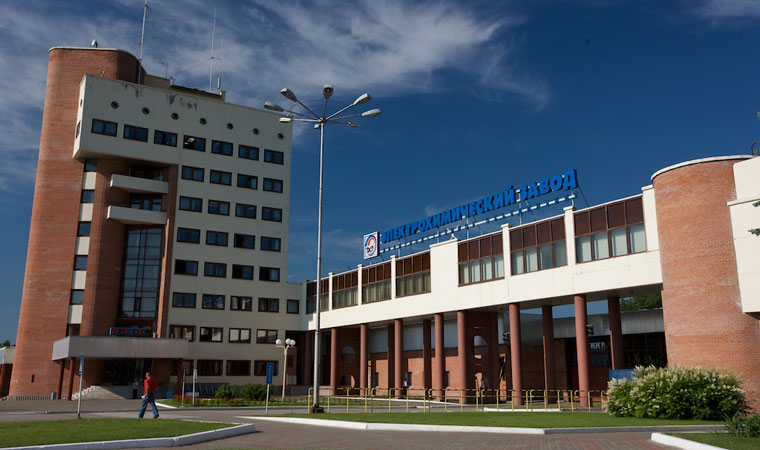
ECP to make isotopes for a research project
back to contentsECP (Zelenogorsk, Krasnoyarsk Krai) is fine-tuning its new equipment to fabricate molybdenum-100, an isotope used by the AMoRe international collaboration effort that can challenge the Standard Model of particle physics.
The experiment searches for the so-called neutrinoless double beta decay. If this extremely rare event is detected, it will mean that neutrino, which has been known to have no mass, does have it and is an antiparticle to itself and that the Standard Model needs a revision.
Neutrinoless double beta decay search experiments are carried out by several international collaborations (AMoRe is one of them, bringing together 16 research centers from Russia, China, Germany, South Korea, Pakistan, Thailand and Ukraine). When neutrinoless double beta decay occurs in the atom of molybdenum, it emits two electrons detected by extremely sensitive instruments. A very limited number of isotopes – not more than a dozen – can be used in this experiment. Molybdenum-100 fits best as it has the highest decay energy and therefore offers the best chance to register the much sought-after event.
A long-term Mo-100 supply contract has been signed between Rosatom and the Institute for Basic Science from South Korea. Preparations are now underway at the ECP isotope fabrication facility to produce isotopes for shipments under this contract.
The Electrochemical Plant is a major global producer of stable isotopes by gas centrifugation. ECP fabricates isotopes of 19 chemical elements supplied to many customers across the globe.




